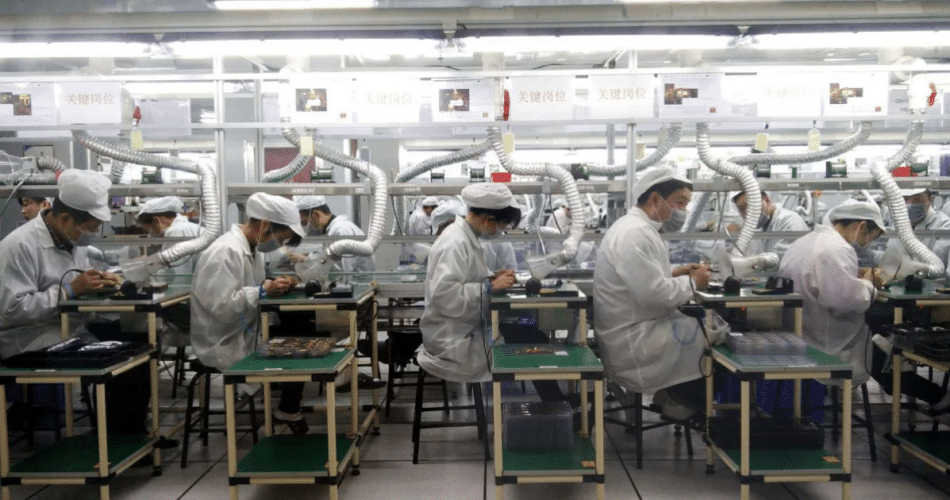Apple is making strategic moves to navigate the challenges posed by potential tariffs under Donald Trump’s trade policies, focusing on diversifying its supply chain and reducing its dependency on China. Reports indicate that the company is actively engaging with over 40 firms in India to onboard them as component suppliers for devices like the iPhone. This shift anticipates a proposed 60% tariff on Chinese imports and aligns with India’s push for local manufacturing through attractive incentive schemes.
If implemented, the tariffs could increase each iPhone’s cost by as much as $240, significantly impacting Apple’s pricing strategy in the U.S. market. With approximately half the cost of an iPhone attributed to imported components, the financial burden on Apple would either erode profit margins or necessitate steep price hikes, potentially dampening consumer demand. However, Apple’s proactive approach to broadening its manufacturing base in regions like India and Vietnam demonstrates its intent to mitigate these risks. By January 2024, the company’s suppliers had already invested $16 billion in reducing reliance on China, marking significant progress.
India stands out as a focal point in Apple’s diversification strategy. The company has reportedly engaged major players, including EMS firms such as Dixon and Amber, and is exploring partnerships with global firms from Taiwan, Japan, and South Korea. This effort reflects Apple’s calculated response to escalating geopolitical tensions and India’s restrictive stance toward Chinese manufacturers. The potential for local collaborations, such as those with the Aequs Group for MacBook enclosures and Apple Watch components, illustrates the long-term commitment Apple is fostering in the region.
This transition is far from simple, given Apple’s historically deep ties with Chinese suppliers. Shifting such an extensive supply chain is a complex process, as evidenced by the years it takes for new partners to reach operational capacity. Nevertheless, Apple is leveraging its strong relationship with India’s Prime Minister Narendra Modi, a known ally of Donald Trump, to accelerate this shift and secure favorable conditions.
Domestically, Apple is also taking steps to appeal to Trump’s “Made in America” narrative. The upcoming Mac Pro model, already a symbol of Apple’s U.S.-based assembly efforts, provides an opportunity for the company to emphasize its domestic manufacturing credentials. Additionally, the forthcoming Arizona chip plant, although initiated under the Biden administration’s Chips and Science Act, could bolster Apple’s case for tariff relief by showcasing its commitment to American production.
Tim Cook’s strategic diplomacy will likely play a pivotal role in navigating these challenges. His track record during Trump’s previous term demonstrates his ability to secure exemptions and position Apple’s products as essential rather than luxury items. This approach could again prove vital in mitigating the financial impact of tariffs while maintaining Apple’s competitive edge in the global market.
Subscribe to our email newsletter to get the latest posts delivered right to your email.


Comments